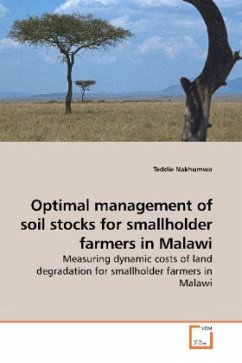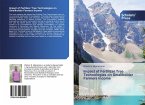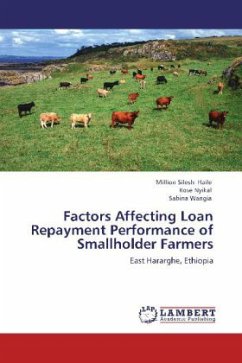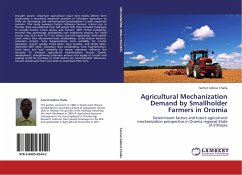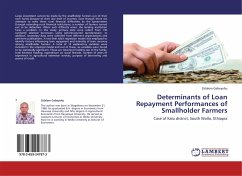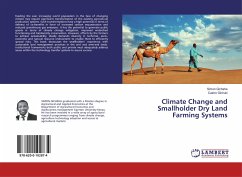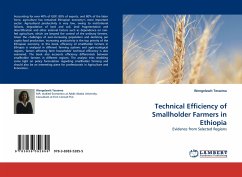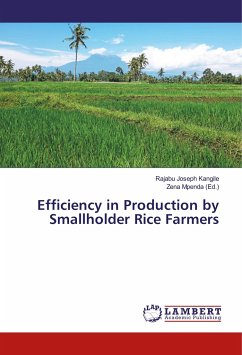Using an inter-temporal optimisation framework, which considers soil in a time-dependent resource extraction perspective, it has been demonstrated that soil degradation is causing an enormous reduction in the productive value of smallholder land in Malawi. With estimated user cost of soil quality of US$21/ha, economic costs of soil degradation in this subsector was estimated to amount to 14 % of the agricultural GDP. At Steady State the study estimated optimal maize yield of 1.5 ton/ha and fertiliser rate of 49 kgN/ha. We found no evidence to support argument that current levels of land degradation results from an institutional failure i.e., farmers in Malawi lack incentives to conserve soil. Factors such as market distortions could be behind existing deviations of farmers practices from dynamic optimum. Sensitivity analysis suggests smallholder farmers in Malawi also over-exploit soil resources because they have high time preference. Since smallholder farmers in Malawi have private incentive to conserve soil quality stock, policies that make smallholder agriculture a profitable enterprice should be prioritised to attract investment.
Bitte wählen Sie Ihr Anliegen aus.
Rechnungen
Retourenschein anfordern
Bestellstatus
Storno

